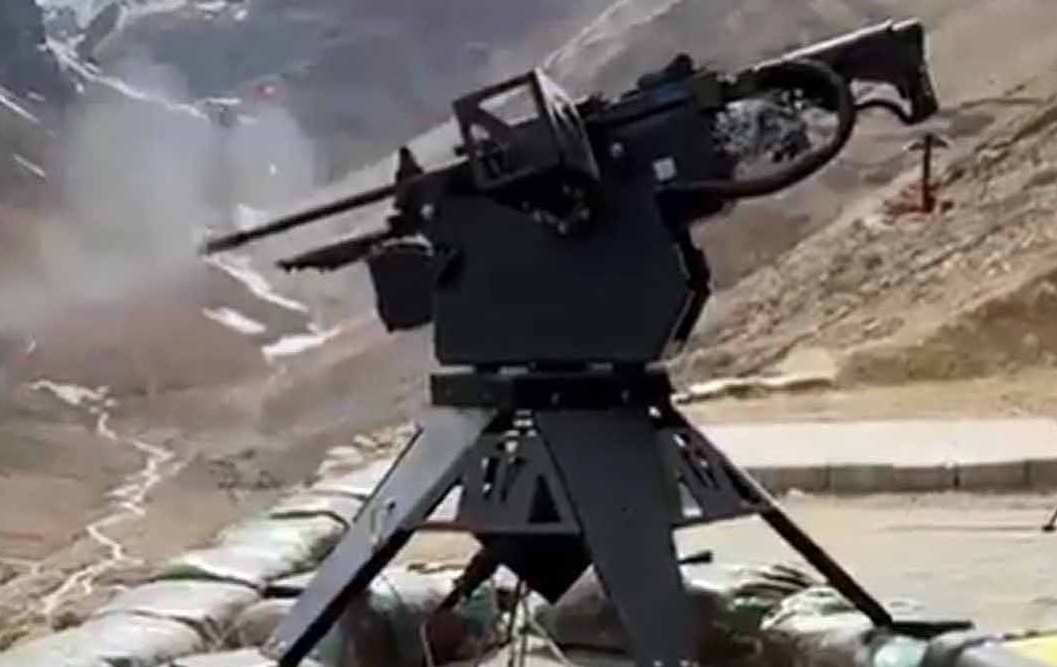U.S. Clears $825 Million Sale of Advanced Stinger Missiles to Morocco to Boost Air Defense

In a significant step toward strengthening Morocco’s defense capabilities, the U.S. Department of State has approved a potential foreign military sale of up to 600 FIM-92K Stinger Block I missiles to the North African nation. Announced on April 15, 2025, by the Defense Security Cooperation Agency (DSCA), the deal is estimated to be worth approximately $825 million and now awaits final approval from the U.S. Congress.
This proposed arms sale includes not just the missiles themselves, but also a comprehensive package of support. The U.S. government and defense contractors will provide engineering assistance, technical support, spare parts, and logistics services to ensure smooth integration and operation of the missile systems within Morocco’s armed forces.
The Stinger missile is not new to the battlefield—it has been a key component of short-range air defense systems since the early 1980s. However, the version Morocco is set to receive, the FIM-92K Block I, represents a significant technological leap. Unlike older models that relied only on infrared sensors to lock onto targets, the new Stinger variant features a datalink capability. This allows it to receive targeting information from its launching vehicle’s sensors, improving accuracy, especially against modern threats like fast-moving drones and low-flying aircraft.
The FIM-92K is specially designed for vehicle-based launch platforms and is not typically used in shoulder-fired mode like its predecessors. Its dual-stage solid-fuel rocket motor gives it a striking range of up to 4.8 miles and the ability to hit targets flying as high as 10,000 feet. The warhead is also more advanced, featuring a proximity fuze that can detonate near a target without needing a direct hit. This is especially useful in dealing with small or fast aerial threats, such as unmanned aerial vehicles (UAVs).
The DSCA emphasized that the sale aligns with the broader foreign policy and national security interests of the United States. As Morocco is designated a Major Non-NATO Ally, strengthening its defense capabilities also contributes to regional stability in North Africa and helps counter growing threats from militant groups and the proliferation of drones.
In recent years, Morocco has steadily modernized its military arsenal, and this acquisition fits into its ongoing effort to build a more agile and responsive defense posture. The Stinger missile system will bolster the kingdom’s short-range air defense network and provide an effective counter to airborne threats in both conventional and asymmetric conflict scenarios.
While the deal still needs Congressional approval, such sales to major non-NATO allies are usually well-received, especially when they align with U.S. interests in curbing instability in strategic regions.
If finalized, this arms deal would mark another milestone in the deepening military ties between Washington and Rabat, reinforcing Morocco's role as a key security partner in North Africa.
✍️ This article is written by the team of The Defense News.






